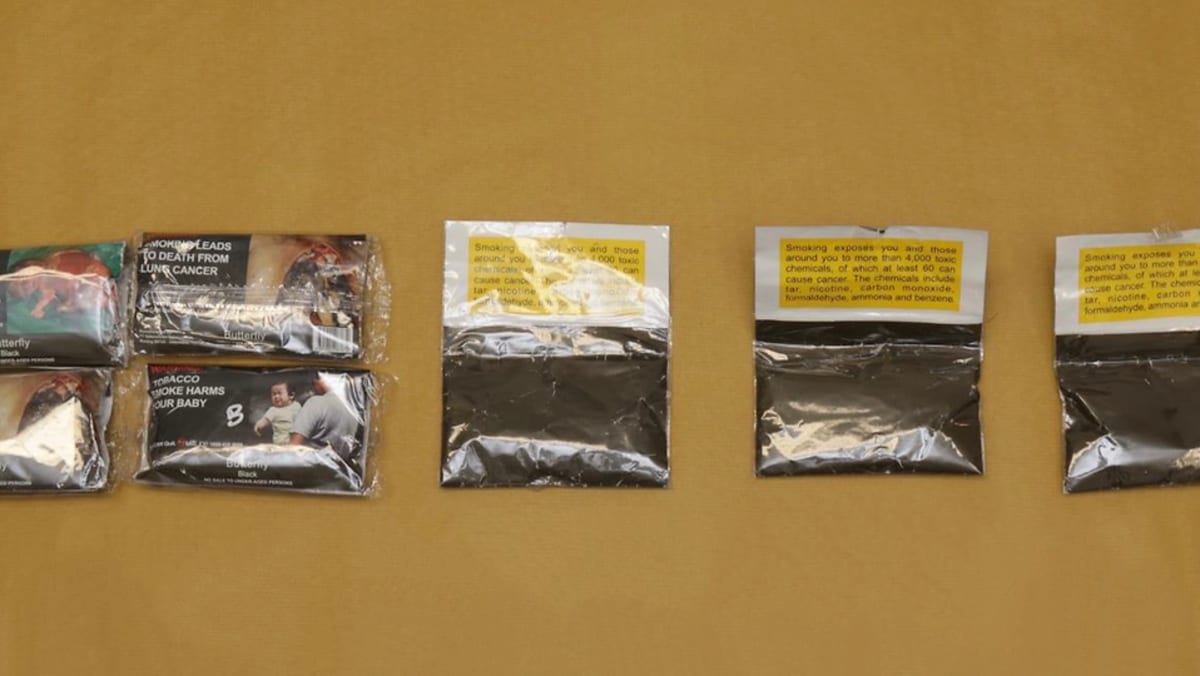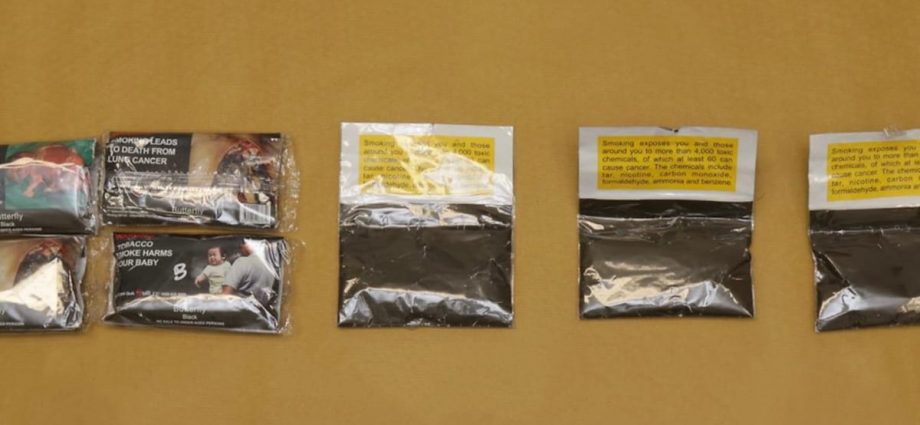
MHA added that its proposed new legislative framework will control substances based on whether they can produce a psychoactive effect, rather than on their chemical structure.
Similar approaches have been adopted by the United Kingdom and Australia, the ministry said.
A psychoactive effect, in relation to an individual, means the stimulation or depression – whether directly or indirectly – of the individual’s central nervous system, which affects the individual’s mental functioning or emotional state.
MHA noted that drug syndicates have become “increasingly adept” at changing the chemical structures of NPS to produce new forms of psychoactive substances that are not controlled under international drug conventions and governments’ schedules of controlled drugs, including Singapore’s.
Currently, NPS are listed as Class A controlled drugs under the Misuse of Drugs Act, either individually or grouped by their core molecular structure.
It is an offence to traffic, manufacture, import, export, possess or consume these substances.
Any person found guilty of trafficking Class A controlled drugs will face a minimum of five years’ imprisonment and five strokes of the cane.
The Fifth Schedule of the Misuse of Drugs Act also allows novel forms of NPS to be listed for up to 12 months, during which CNB officers are empowered to seize the substances while scientific analysis and industry consultations are held to determine if there is a legitimate use.
If no legitimate uses are identified, the substances will be listed in the First Schedule.
MHA said: “As traffickers and abusers now switch very quickly to new forms of psychoactive substances that have yet to be listed as controlled drugs, the authorities are always playing catch-up, due to the lag from the time a new form of psychoactive substance is first detected to the time it is listed in the First Schedule.”
During this period, enforcement and prosecutorial action cannot be taken against those who deal in the substance, MHA added.
The proposed legislative framework will not apply to psychoactive substances that have legitimate uses or are already controlled under other regulatory frameworks. These include intoxicating substances, nitrous oxide, alcohol, tobacco and food additives.
Accused persons can also invoke a defence if they use the substance for a legitimate purpose.
The punishment framework for offences under the proposed legislative framework will take reference from that of Class C controlled drugs.

